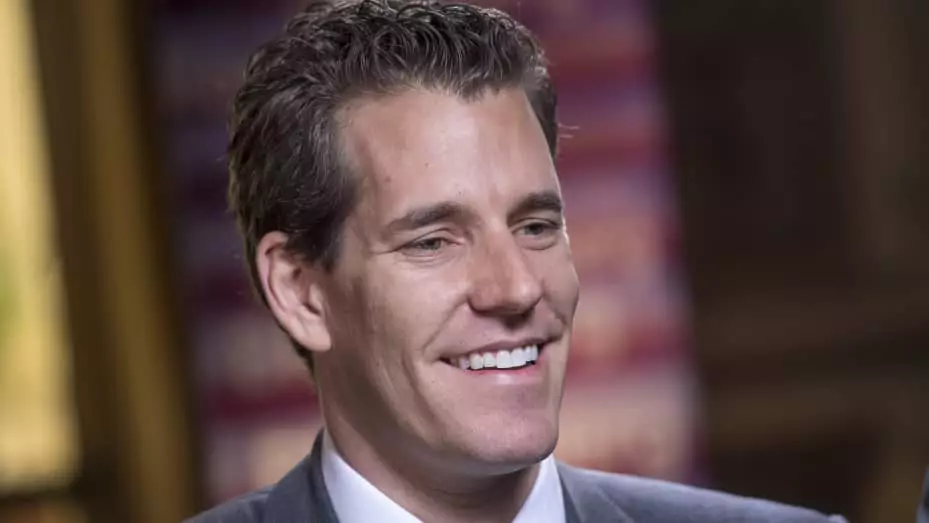As the cryptocurrency market continues to grapple with evolving regulations and heightened scrutiny from authorities, prominent figures within the industry are beginning to take decisive stands against practices they deem detrimental. Recently, Tyler Winklevoss, the co-founder of the Gemini crypto exchange, announced that his company would mirror steps taken by Coinbase, aiming to sever ties with any law firms hiring former officials from the U.S. Securities and Exchange Commission (SEC) linked to aggressive regulatory attacks on the digital asset sector. This move follows strong statements from Coinbase CEO Brian Armstrong, who has openly criticized the embrace of ex-SEC employees who played key roles in what they perceive as a war on crypto.
The SEC’s operations have come under intense critique, particularly regarding their ambiguous stance on cryptocurrency regulation, which many in the industry argue stifles innovation. With a history of enforcement actions that some see as excessive, regulatory bodies like the SEC have created a atmosphere of uncertainty for those involved in crypto. The recent comments made by Winklevoss are not merely a corporate policy change; they signify a growing frustration within the industry regarding the perceived overreach and lack of clarity in regulatory frameworks from the SEC. Winklevoss’s call for a “running list” of SEC officials connected to anti-crypto policies serves as a new means of accountability, aimed at highlighting individuals who may have wielded power in ways that threaten the integrity of the blockchain ecosystem.
Armstrong’s initial criticisms have paved the way for Winklevoss’s more widespread call to action. The Coinbase CEO has accused the SEC’s leadership of working to suppress the crypto market through unclear regulations, emphasizing that former high-ranking officials should not be allowed to profit off the very industry they helped to regulate harshly. By withdrawing from relationships with law firms like Milbank, which has recently hired ex-SEC Director Gurbir Grewal—who oversaw numerous enforcement actions—Coinbase points to a trend in establishing a boundary against professionals perceived as contributors to a restrictive regulatory environment. Such high-profile decisions send a message to both legal practitioners and authorities: a call for ethical considerations in accepting roles that contradict the industry’s growth potential.
As industry leaders like Winklevoss and Armstrong adopt this stance, they illuminate a critical landscape where accountability can reshape interactions between legal entities and the crypto industry. Critics have raised alarm over the SEC’s latest maneuvers, particularly regarding its handling of the Ripple case, which could have far-reaching consequences for the future of digital assets. Legal experts and community members continue to debate whether the SEC’s stringent enforcement actions might backfire, resulting in diminished respect for their authority within the industry. The tension intensifies discussions among stakeholders regarding how they will engage with former SEC officials in a way that aligns with their commitment to a diverse and innovative financial future.
The recognition that past actions within regulatory bodies have enduring effects on current and future operations is crucial for establishing a healthier regulatory environment. Winklevoss and Armstrong’s moves signal an emerging narrative in the crypto field—one that advocates for accountability not just among regulators but also within the institutions that partner with them. This awareness may also prompt other companies to take similar measures, fostering a culture where legal ethics are prioritized and where past regulatory overreach is met with consequences rather than acceptance.
As the political tides continue to shift with upcoming changes in leadership, such as speculation surrounding the SEC’s future under a new presidential administration, the calls for accountability from Winklevoss and Armstrong may reshape the very fabric of how crypto businesses interact with regulatory frameworks. While the future remains uncertain, the clarion calls from these industry titans for transparency and ethical considerations set the stage for a new era that demands accountability—both from regulators and from those who work alongside them.


Leave a Reply